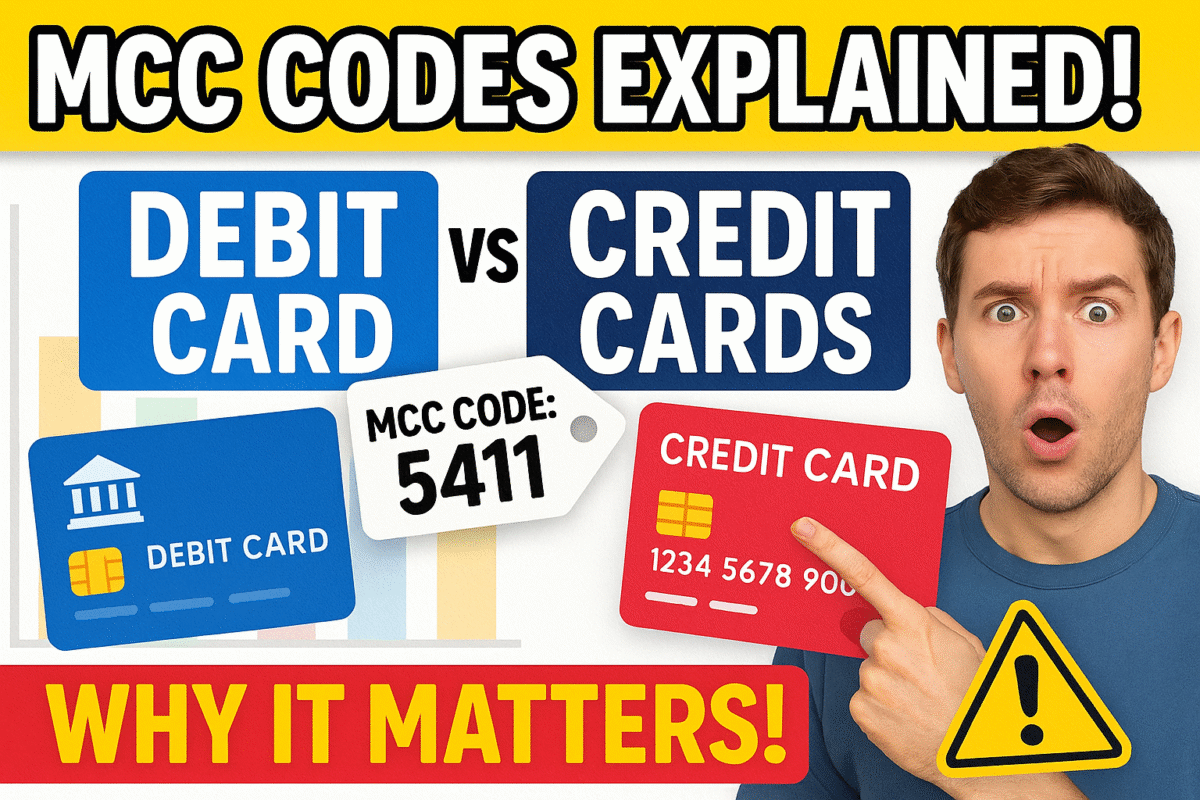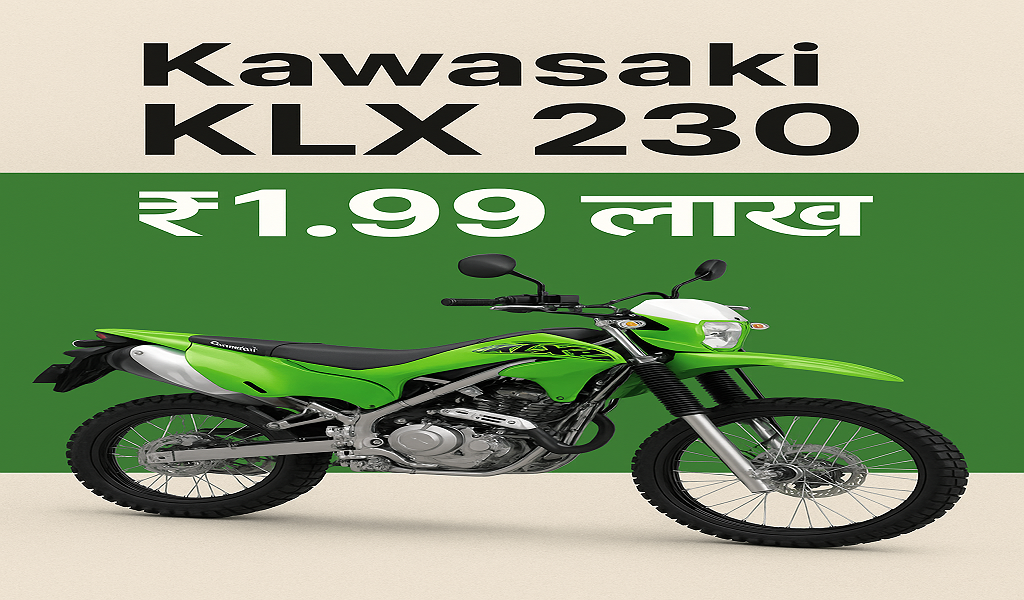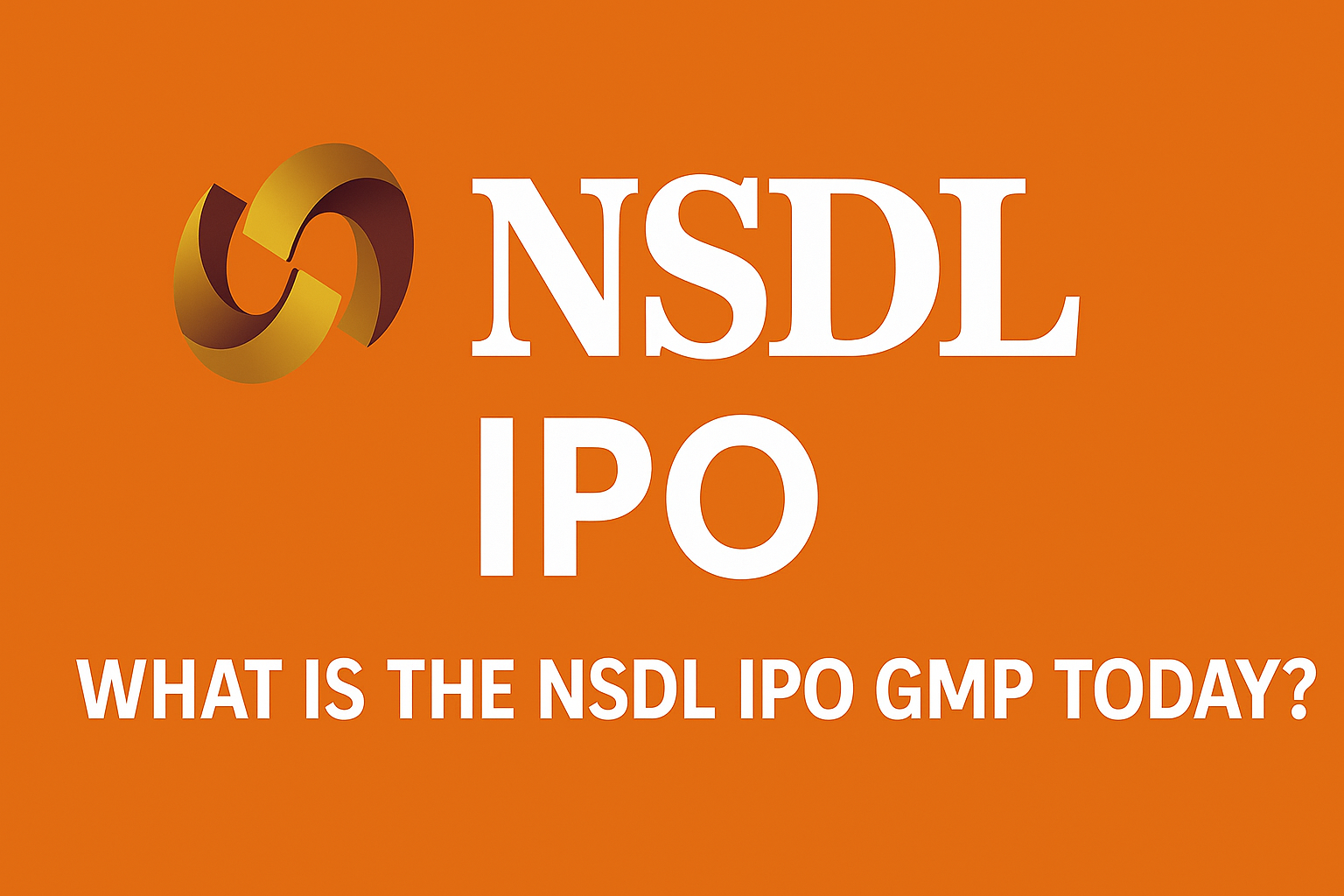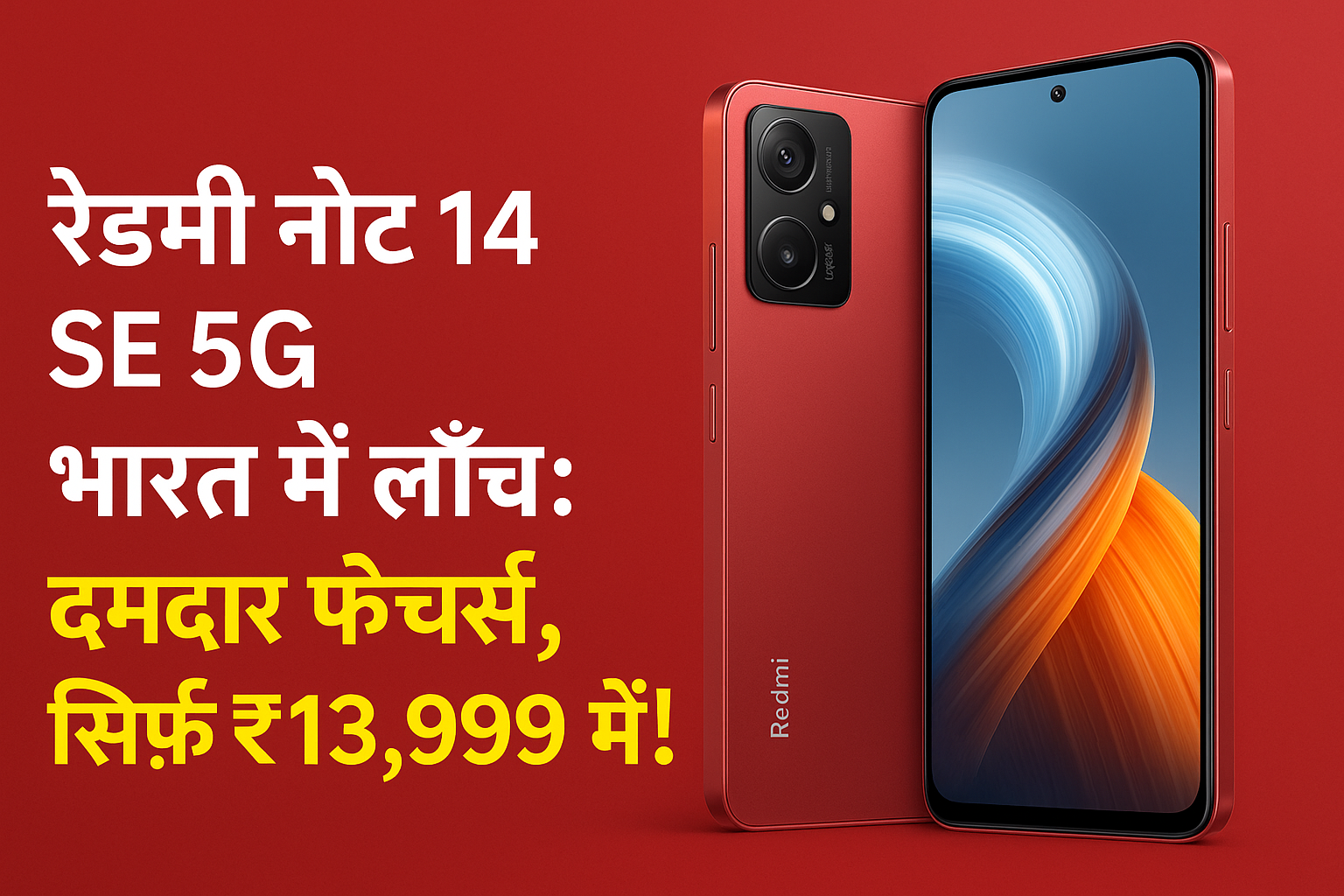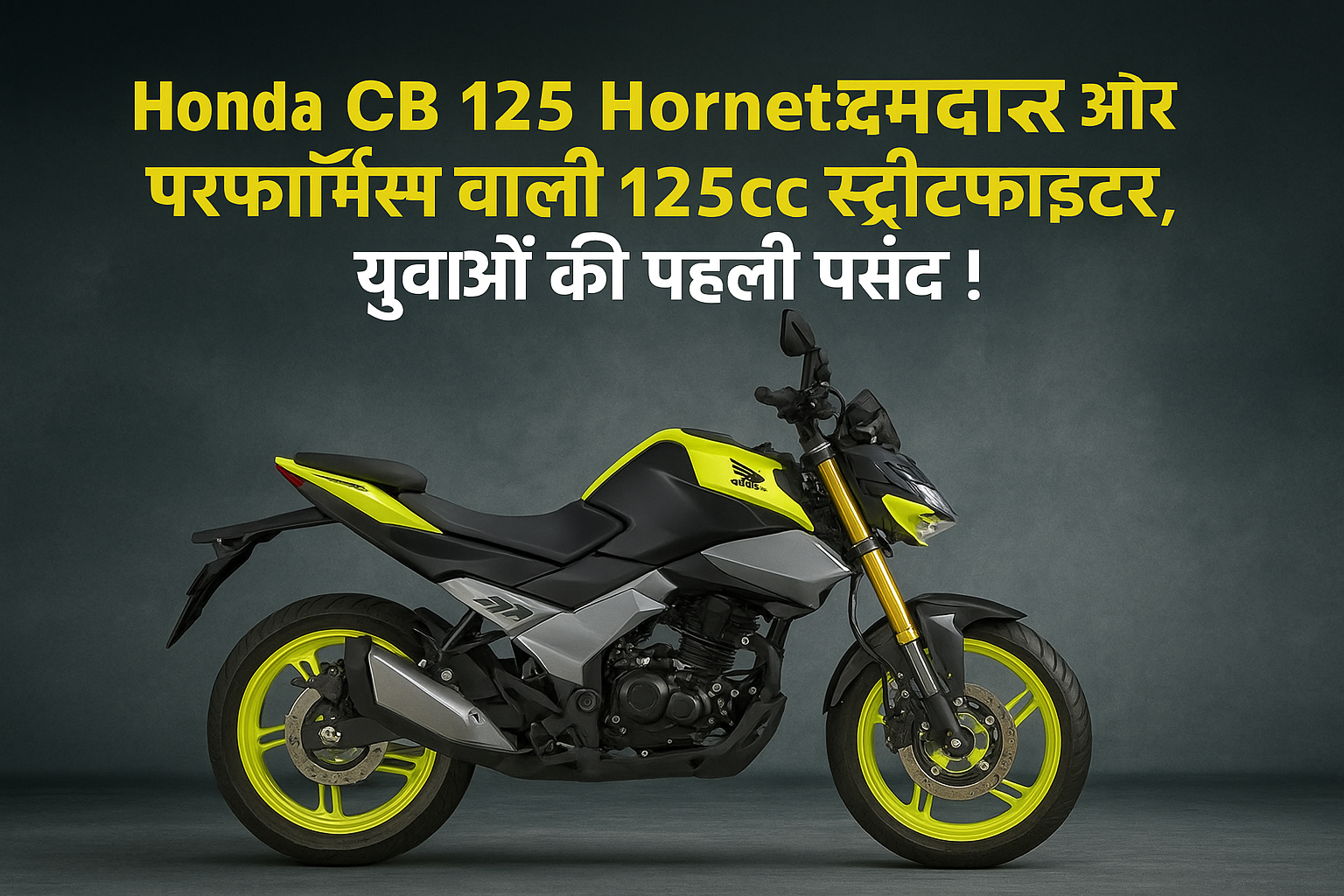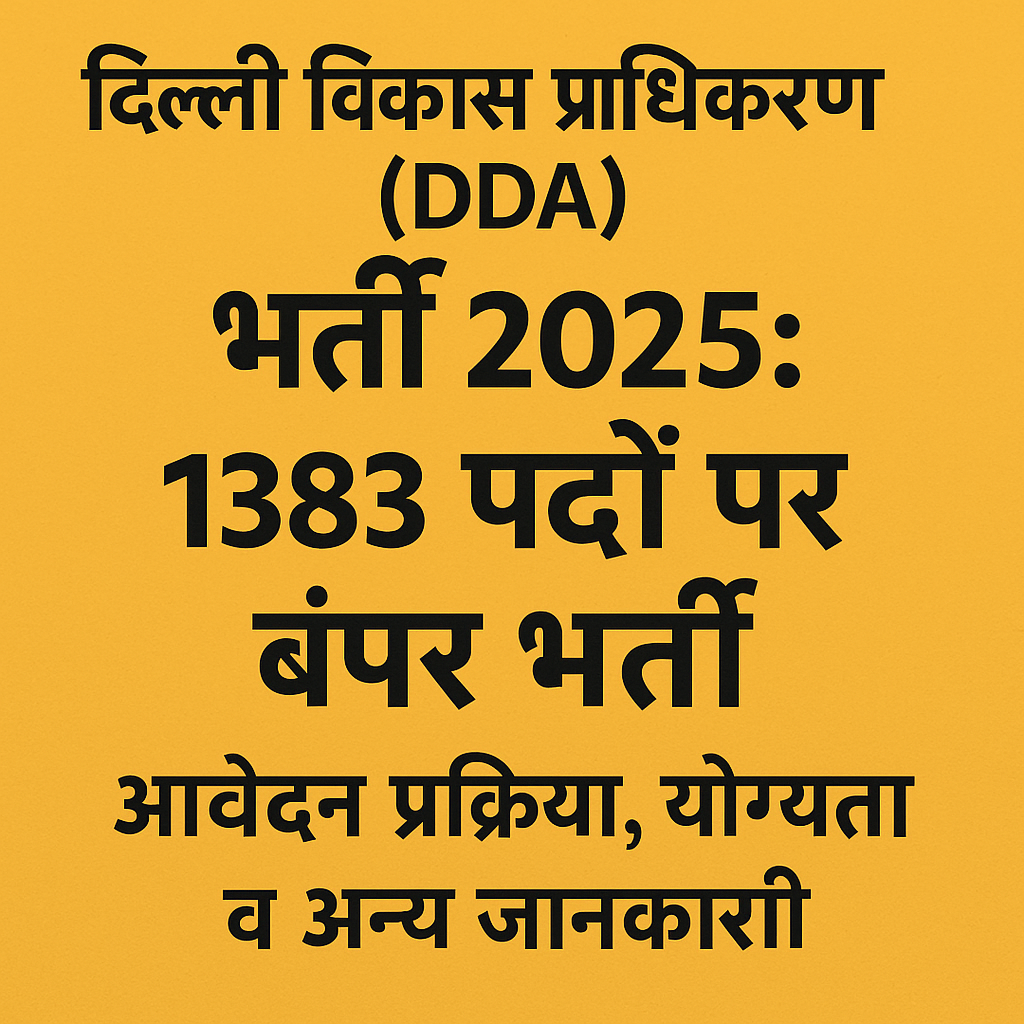MCC Codes (Merchant Category Code) play a crucial yet often overlooked role in debit and credit card transactions. These four-digit codes determine how businesses are classified, impacting everything from rewards points to tax reporting. Whether you’re a business owner or a cardholder, understanding MCC codes can help you optimize spending, resolve disputes, and avoid unexpected fees. In this article, we break down what MCC codes are, how they work, and why they matter for debit and credit card users.
What is a Merchant Category Code (MCC)?
An MCC is a four-digit number assigned by card networks (Visa, Mastercard, Amex, etc.) to classify businesses based on the products or services they offer. For example:
- 5812: Restaurants
- 5411: Grocery Stores
- 5732: Electronics Stores
- 7995: Gambling/Casinos

MCCs help banks, card issuers, and payment processors:
- Calculate rewards (e.g., bonus points for dining or travel).
- Apply surcharges (e.g., higher fees for high-risk industries).
- Track spending categories for budgeting or tax purposes.
How Do MCC Codes Work for Debit and Credit Cards?
Every time you swipe your card, the merchant’s payment terminal sends the MCC to the card network. This code determines:
For Cardholders:
- Rewards Eligibility:
- Credit cards often offer bonus rewards for specific MCCs (e.g., 5% cashback on “Gas Stations” [MCC 5541]).
- Debit cards may offer discounts or cashback tied to MCCs (e.g., 2% off at supermarkets).
- Transaction Declines:
- Banks may block transactions from restricted MCCs (e.g., gambling sites).
- Spending Reports:
- MCCs categorize expenses in banking apps (e.g., “Travel” or “Entertainment”).
For Businesses:
- Processing Fees:
- High-risk MCCs (e.g., adult entertainment, crypto) incur higher transaction fees.
- Tax Compliance:
- MCCs help businesses report income under the correct IRS categories.
- Chargeback Risk:
- Misclassified MCCs can lead to disputes (e.g., a hotel listed as “Retail”).
Key Differences: Debit Card vs. Credit Card MCC Codes
| Aspect | Debit Card MCC | Credit Card MCC |
|---|---|---|
| Rewards | Rarely tied to MCC-specific offers. | Often linked to MCC-based rewards. |
| Spending Limits | Limited to bank account balance. | Based on credit limit. |
| Fraud Protection | Less robust (direct bank account link). | Stronger safeguards (regulated by CARD Act). |
| MCC Impact | Affects cashback/discount programs. | Directly influences points, miles, etc. |
Common MCC Codes You Should Know
Here are frequently used MCCs and their categories:
- 4121: Taxi/Rideshare Services
- 4816: Telecommunications
- 5912: Drugstores/Pharmacies
- 7298: Health & Beauty Spas
- 9399: Government Services
- 6540: Non-Financial Cryptocurrency Services
Note: A full MCC list is published by card networks like Visa and Mastercard.
Why MCC Codes Matter
- Maximize Credit Card Rewards:
Use cards that offer bonus rewards for specific MCCs (e.g., a travel card with 3x points on “Airlines” [MCC 4511]). - Avoid Fraud Flags:
Large purchases from high-risk MCCs (e.g., casinos) may trigger bank alerts. - Business Compliance:
Misclassified MCCs can lead to IRS audits or penalties. - Dispute Resolution:
MCCs help verify if a transaction aligns with the merchant’s advertised services.
How to Find the MCC for a Transaction
- Check Your Bank Statement:
Some banks list MCCs next to transactions (e.g., Chase, Amex). - Contact Customer Support:
Ask your bank or card issuer for the MCC linked to a specific merchant. - Use Third-Party Tools:
Apps like MCC Check or CardFellow provide MCC lookup services.
FAQs About MCC Codes
-
Can a merchant change their MCC code?
No. MCC codes are assigned by card networks (Visa, Mastercard, etc.). Merchants must contact their payment provider to ensure their MCC aligns with their business type.
-
Do MCC codes affect cashback on debit cards?
Yes. Some banks (e.g., SBI, HDFC) offer MCC-specific cashback on debit cards.
-
Why was my transaction declined?
The merchant’s MCC code might be on your bank’s blocklist (e.g., gambling or crypto-related MCCs).
-
Are MCC codes the same in India and abroad?
Most codes are universal, but some categories (e.g., gas stations) may have regional variations.
-
How to check the MCC code for a transaction?
Check your bank statement (some banks display MCC codes).
Contact your bank’s customer care. -
Does MCC code matter for UPI payments?
Yes. UPI transactions also record the merchant’s MCC code, which can impact rewards or cashback.
-
What is the full form of MCC?
MCC stands for Merchant Category Code.

